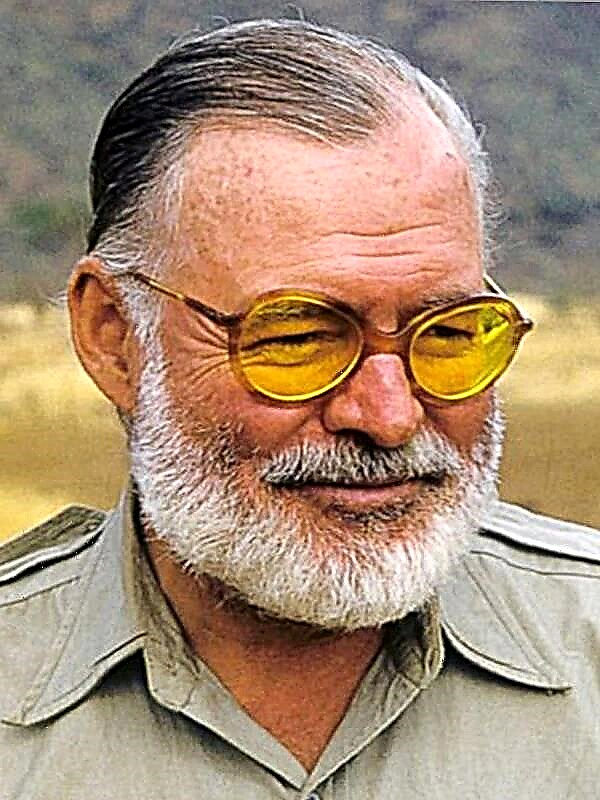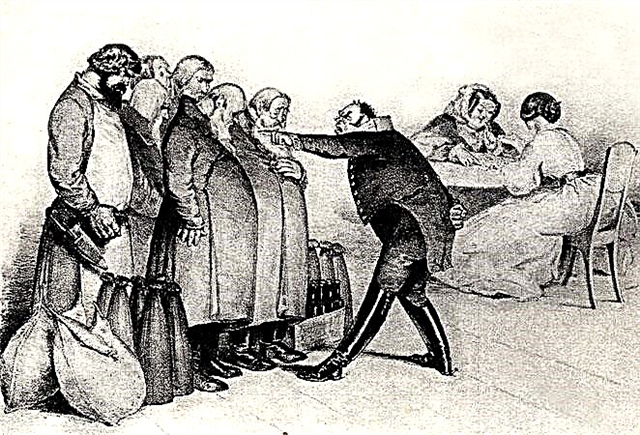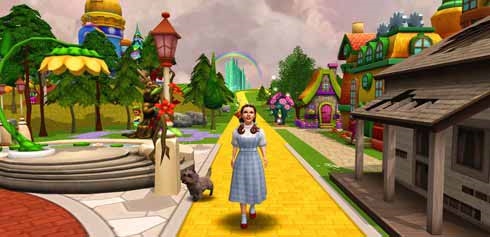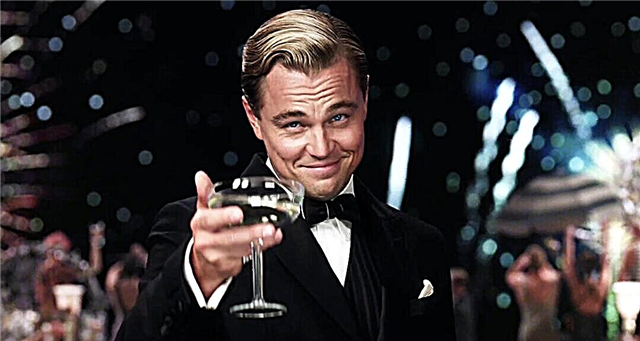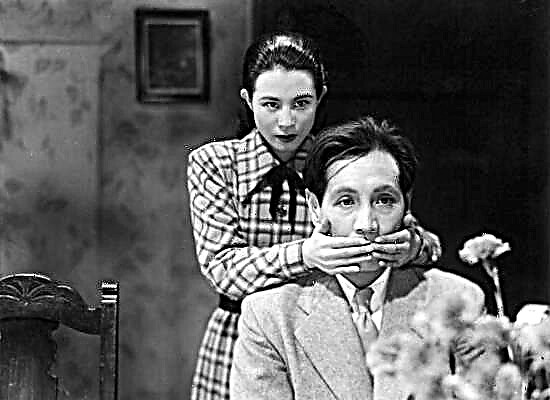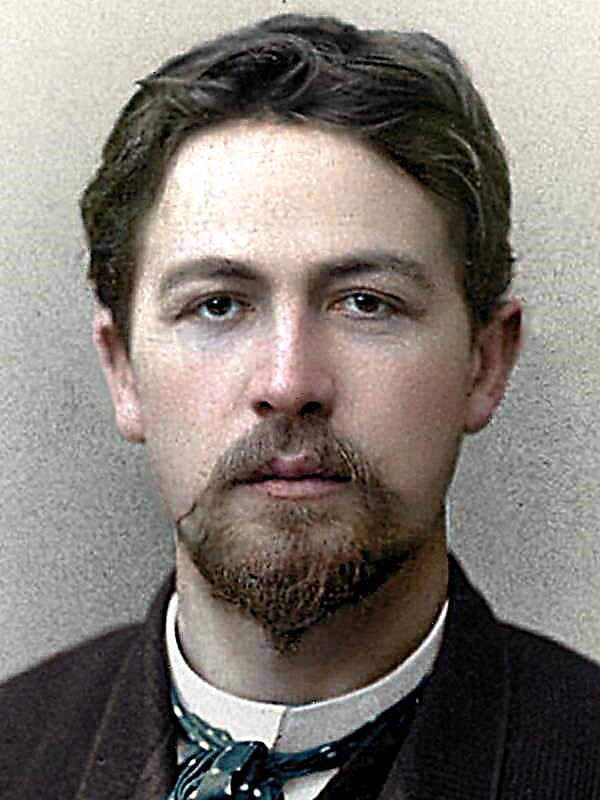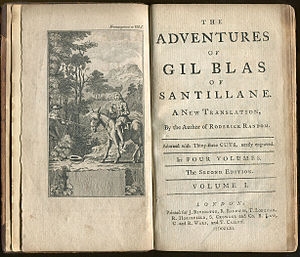The novel “Hero of Our Time” was written by Mikhail Yurievich Lermontov in 1840 during exile. In the passage that we want to present to you now, attention is focused on only one chapter of the novel - “Maxim Maksimych”. We hope that you will truly enjoy our retelling, because we have collected all the main events of this chapter, as well as succinctly and briefly convey the plot for you, making inserts from quotes.
The chapter begins with the storyteller, who narrates in the first person in the novel, gets stuck at a post office on the way to Yekaterinburg and cannot move on, since there are no horses for him. He must wait three whole days, and he has absolutely nothing to do in this godforsaken place. On the second day, Maxim Maksimych comes to him and they have lunch together, but there’s nothing to talk about, since they already know everything about each other. Then suddenly a rich wagon drove up to the yard. The comrades were delighted, because this meant that they had a chance to leave earlier. Maxim Maksimych ran to the wagon and asked the servant who it belonged to. The servant replied that to Pechorin. Maxim Maksimych was very happy, because he is well acquainted with Pechorin, moreover, they are bosom friends. However, Pechorin is currently busy, he stayed at the Colonel’s house. Then Maxim Maksimych sends a footman to him with the news that he is expecting him. But, despite the expectation, Pechorin does not come to the hotel to Maxim Maksimych. He waits for him all evening, and after all night.
In the afternoon he leaves the hotel on business to the commandant. Leaves an order to the servant about Pechorin, in case he appears in his absence. But then the narrator suddenly sees Pechorin in the city square, he goes with a lazy gait, thinking about something of his own. It was clear that Pechorin was in no hurry. In general, he gave the impression of a secretive person, although the author describes him as an outwardly attractive man: blond curly hair, aristocratic facial features, expressive brown eyes, thin fingers, but a strong physique and broad shoulders. Secular women were crazy about this type of men. In addition, his secrecy and restraint only benefited him and complemented the image.
The narrator sends for Maxim Maksimych and he, having learned that Pechorin is in the square, runs after him that there is urine. When he catches up, in a fit of feelings he wants to hug his friend, but he only reaches out his hand. Pechorin behaves very distantly and even with disdain, which is very upsetting the good old captain. From a conversation with Grigory, Maxim Maksimych learns that he received a resignation in military service and now wants to go to live in Persia. Maxim Maksimych intentionally recalls Bella under Pechorin, but he only “yawned forcibly” in response. Then Gregory refuses a joint dinner and leaves, leaving Maxim Maximich his papers and a bitter disappointment in their friendship. The poor captain is crying and unsuccessfully trying to hide his tears. With annoyance and irony in his voice, he says: “Look, how dandy he became, how he visited Petersburg again ... What a stroller! .. how much luggage! .. and the footman is so proud! ..”
Then he says that his friend behaves very frivolously and most likely it will not end good.
The mood of the captain finally spoils. He says goodbye to the narrator rather dryly and refuses to go on in the same cart. He was overwhelmed by disappointment not only in a traitor friend, but in all of today's youth. With heavy thoughts, he continues on his way.
The narrator was very interested in the personality of Pechorin and asked Maxim Maximovich to give him some notes from his personal diary. He gives him part of the notes, which the narrator will publish later, after the death of Pechorin himself, who died at the age of twenty-eight years on his way to Persia.
Further in the novel, the story begins in the first person and we understand that the story begins about the life of Grigory Aleksandrovich Pechorin based on his diary. The author advises us to be condescending to him, because he is sincere in depicting life and does not embellish his vices, and even sometimes season them with caustic epigrams.

